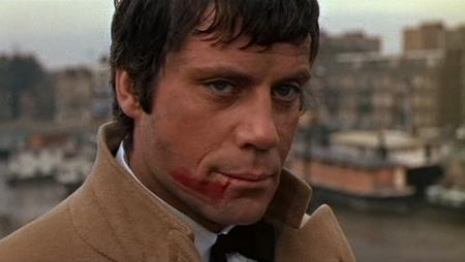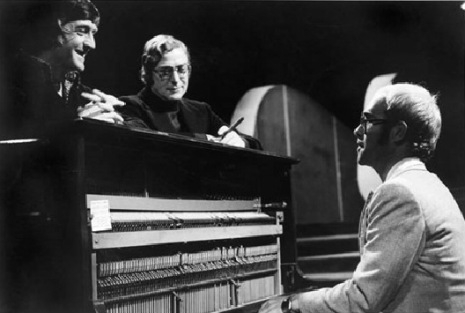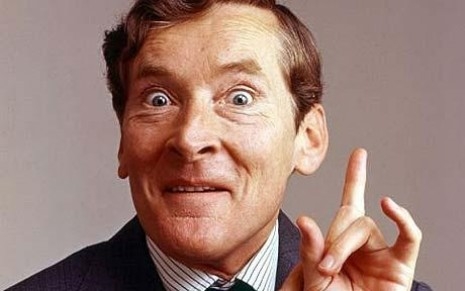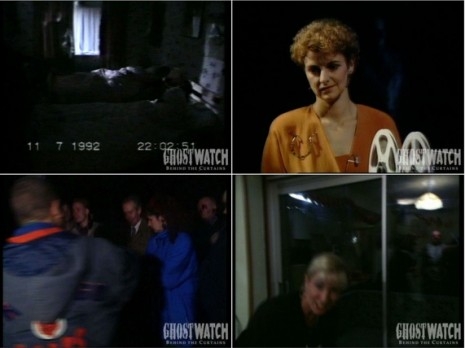
Oliver Reed would have been 75-years-young today. Probably still making movies, entertaining audiences and no doubt fulfilling the needs of unimaginative TV commissioners by appearing, or pretending to be drunk on their tacky chat shows.
I think boredom inspired much of Reed’s bad behavior—it usually took less than 10 minutes of dumb questioning before Reed was playing-up as the resident drunk. It is still refreshing to find an olde interview with the great Hell Raiser, when he was having a night-off and talking (mainly) sense to his interrogator—here Michael Parkinson.
In interviews, Reed could still play the idiot savant (here making daft and knowingly offensive comments about intelligent women—who probably terrified him—Reed was dsylexic, and his own education had been piecemeal), if he had lost interest in the subject matter. Then reveal himself as someone who thought about what he was doing—notably here he discussed making The Devils with Ken Russell, which he tied directly into the “Troubles” in Northern Ireland, where Religion had once again divided a country and set its people murderously against each other.
‘I’m still getting paid for that film. Neither Ken Russell or I got any money for that film [The Devils]. We got our expenses—but we made that film because we thought it was the proper time, and in light, maybe, of the Troubles in Ulster now, it was the proper time for that film to be made. We weren’t trying to afford anybody proper niceties, any proper little entertainments, little asides before tea, we were showing them the bigotry that goes on, or that humanity is capable of, and that was all we were doing….
....How many times have armies fought under the banner of Christianity, and how many lives have been destroyed? Let’s not have it again, please.’
The interview is from the Parkinson chat show in 1973, and amongst the guests are novelist Mickey Spillane and TV personality (famed for being on What’s My Line? in the 1950s, who sadly committed suicide after a shop-lifting charge in the 1980s). Throughout, Reed’s self-deprecating humor is evident and he did couple of funny impressions of Michael Winner and James Stewart. However, it’s still sad to think that such a naturally talented actor is no longer with us.
Happy Birthday Oliver Reed!
Bonus: the full interview with Oliver Reed, after the jump…








